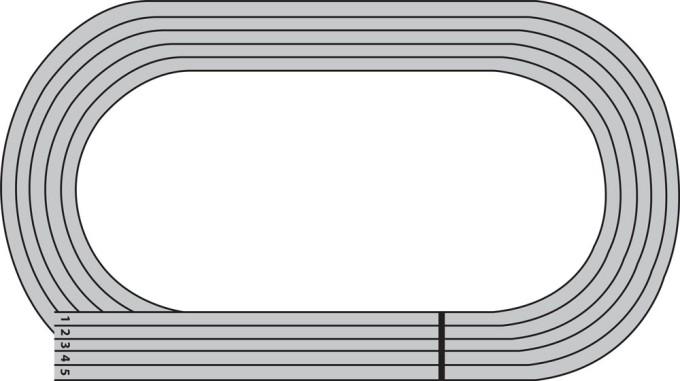Some students take an extra year to improve their marks and catch up on credits, but these varsity stars are doing it for the love of the game. Tara Deschamps reports
For many students, spending an extra year in school is a worst-case scenario. But for Luke Staniscia, it’s a choice that’s allowed him to stay on the basketball court for an extra season.
The Ryerson University men’s basketball team forward is currently wrapping up his fifth-year as a student and athlete after deciding to continue playing university- level basketball for an additional year.
“I love the game,” he says. “It’s my favourite sport and I didn’t want to give up any opportunities.”
With Ryerson athletes permitted to play a maximum of five years of any sport, Staniscia says his choice was largely based on not wanting to let that eligibility go to waste.
“I think a lot of it had to do with me not wanting to look bad when I was 35,” he says. “I didn’t want to look back and regret what that year of eligibility could have been.”
Staniscia’s not alone. Ryerson’s current athletic team rosters list 14 fifth-year students. Among those listed is fifth-year women’s soccer team midfielder Andrea Raso who says playing for an extra year is a “growing trend” and an advantage because of the extra time it gives athletes to concentrate on schoolwork.
“When I decided [to play for a fifth year], it was early in my university years so I worked out my schedule to take one less class a semester each year,” says Raso. “Whether you play a sport or not, it gives you time to focus on classes.”
Staniscia agrees with Raso and even suggests that playing for an additional year can be beneficial to helping athletes advance their careers.
In his own fifth year, Staniscia and his teammates won sixth place in the Canadian Interuniversity Sport national championships for the first time and made it to the Ontario University Athletic semifinals for the first time since 1999.
In addition to more playing experience, Staniscia says a fifth year can also be beneficial for attracting scouts.
“I know a lot of guys who have played four years and didn’t get noticed, but in their fifth year, scouts started to pay attention,” he says.
But not everyone’s convinced that a fifth year benefits all athletes.
“For the athletes who want to go higher, it’s great but for those that are playing for something to do, I don’t think anything will happen,” says second-year women’s soccer team midfielder Shannon Cosgrove.
While Cosgrove enjoys playing for the Rams, she says she won’t be returning to Ryerson once she finishes her four years of study in the school’s business management program.
“I’m old-fashioned,” she says. “I’ve always had the idea that you go to university for four years and then get out.”
While players are not required to commit to playing a varsity sport for five years, Ryerson’s Director of Athletics Ivan Joseph believes that most athletes decide to do this in order to pace themselves.
“To me, it’s because they love what they do and they’re not quite ready to go on into the big bright world,” he says. “The load of athletics and academics are high. [They] want to excel at both so they decide to stretch their time at university.”
With that being said, Joseph believes that university students in general shouldn’t be in a rush to leave.
“If you graduate at 25, you have 40 years of your life to work,” said Joseph. “The time of college is so small. For me it’s the time of your life, so I say enjoy it while you can.”










Mike
Thought we were talking high school not university!